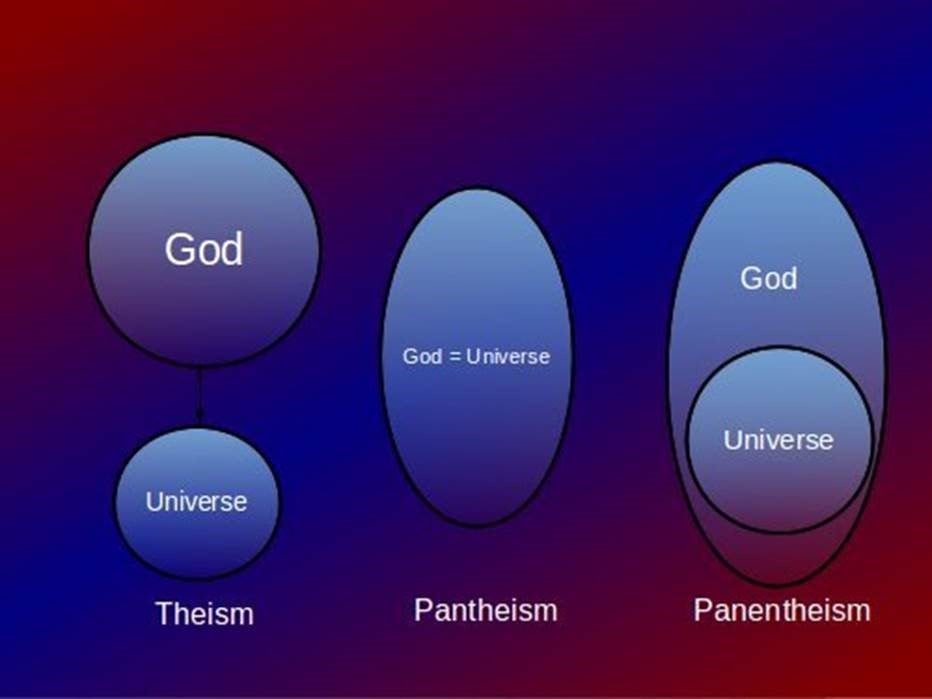 Einstein is a pantheist super-star! His commentary on spirituality from his book is that there are 3 levels of religion:
Einstein is a pantheist super-star! His commentary on spirituality from his book is that there are 3 levels of religion:
Einstein referred to this 3rd kind of spirituality as cosmic religion because it's a more direct connection to the divine life force of the universe. It's free from mythology that are consider true. This makes all cosmic religions universally compatible with each other, even if they have very different cultural stories or ethical values. All cosmic religions share the same perspective of God, that God is nature. This makes all cosmic religions pantheist.
Pantheism can be defined as the spirituality believe that "God is nature & God has not transcend nature. God doesn't interfere directly with human affairs, yet divine life force flows through nature and all sentient beings." When we are in-tune with this form of spirituality, we become in harmony with nature while feeling spiritual unity with God. Pantheism is 100% compatible with science, as science is the way we measure nature and observable phenomenon. So it makes sense that a genius of physics would have a pantheist perspective. There are no miracles that involve breaking the laws of nature. If a law of nature is broken, then that law was not accurate or over simplified. Mythologies involve stories of miracles and Gods that break the laws of nature, for that reason Pantheism doesn't have any mythologies, other than scientific explanations, or allegories or metaphors.
Pantheism is the foundation for cosmic religion, which in Einstein words:
"The religion of the future will be a cosmic religion. It should transcend a personal God and avoid dogmas and theology. Covering both the natural and the spiritual, it should be based on a religious sense arising from the experience of all things, natural and spiritual as a meaningful unity. If there is any religion that would cope with modern scientific needs, it would be Buddhism."
Note: Buddhism is a pantheistic religion.
